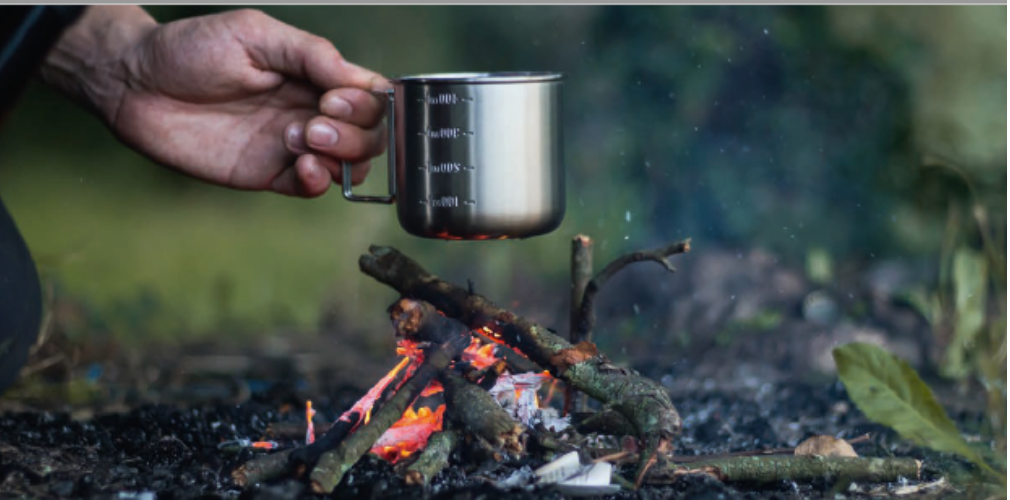I’ve done a couple of survival courses, the sort of thing where you are dropped off in a remote area and left to fend for yourself. It’s worth doing as it teaches you to appreciate the bare necessities and live in the moment.
The basics are simple: Fuel up whenever you can because you don’t know when the next meal is coming, make a good shelter that will keep the wet out and won’t fall apart in the wind, keep the fi re burning and don’t drink anything you haven’t boiled. In survival mode, you must live in the moment, forage what you can and, especially in the winter, keep your spirits up until the sun rises – everything looks less bleak when the day breaks.
I believe construction is in survival mode. The credit crunch has hit along with the shadow of Grenfell. I believe the sun will rise but construction businesses are going bust at the moment at the rate of one every 36 hours. Sadly not all of us are going to make it until the morning. A recent casualty close to home was Astins, now just another established construction business that is no more.
Looking forwards, we can fix construction, heralding the new dawn. There is a growing realisation that procurement needs to be about value, buildings must be considered as a whole system (not just a box of bits), that competence is critical and that the culture needs to change. With a bit of help from government (see our key policy asks set down later in this edition), we can get there. My bigger concern is how we escape the past.
The straw that broke the camel’s back at Astins was a legal writ from a job in 2012. There is little shelter when a main contractor decides to parcel up and pass on its risk, morality goes out the window and those onerous contractual terms start to bite. We all know that the choice between working and not working – surviving – was swallowing these unboiled contracts. It was effectively eating what you can when you can. But the clauses (many unread) will be the death of us if the proverbial hits the fan.
This is the reason we are calling for a Building Safety Fund, intervention from government that will help us draw a line under the past. This fund could build on the principle of the private sector remediation fund and address the wider critical safety legacy concerns that are becoming evident through the Grenfell Inquiry.
It is now clear that there has been ultimate collective failure throughout the procurement, design, commissioning, construction, inspection, insurance and management of buildings and intervention is essential. Adding 1% to Insurance Premium Tax would help to raise around £600m per annum that could be set aside in a pot, similar to the Pension Protection Fund (established to protect the vulnerable in society from a similar collective system failure). This fund could help to accelerate corrective work, ensure people sleep safer and at the same time overcome protracted legal wrangling that will ultimately force many firms, without the means to defend themselves, out of business.
This is where I draw on the final lesson of survival. It is much harder to survive alone. FIS is a community and we don’t work in isolation. The Building Safety Fund is our SOS and we’ll continue to rally support. I hope you’ll add your voice to ours, because together, with a bit of help to build this shelter, we may all make it to the dawn.
Iain McIlwee
FIS Chief Executive


